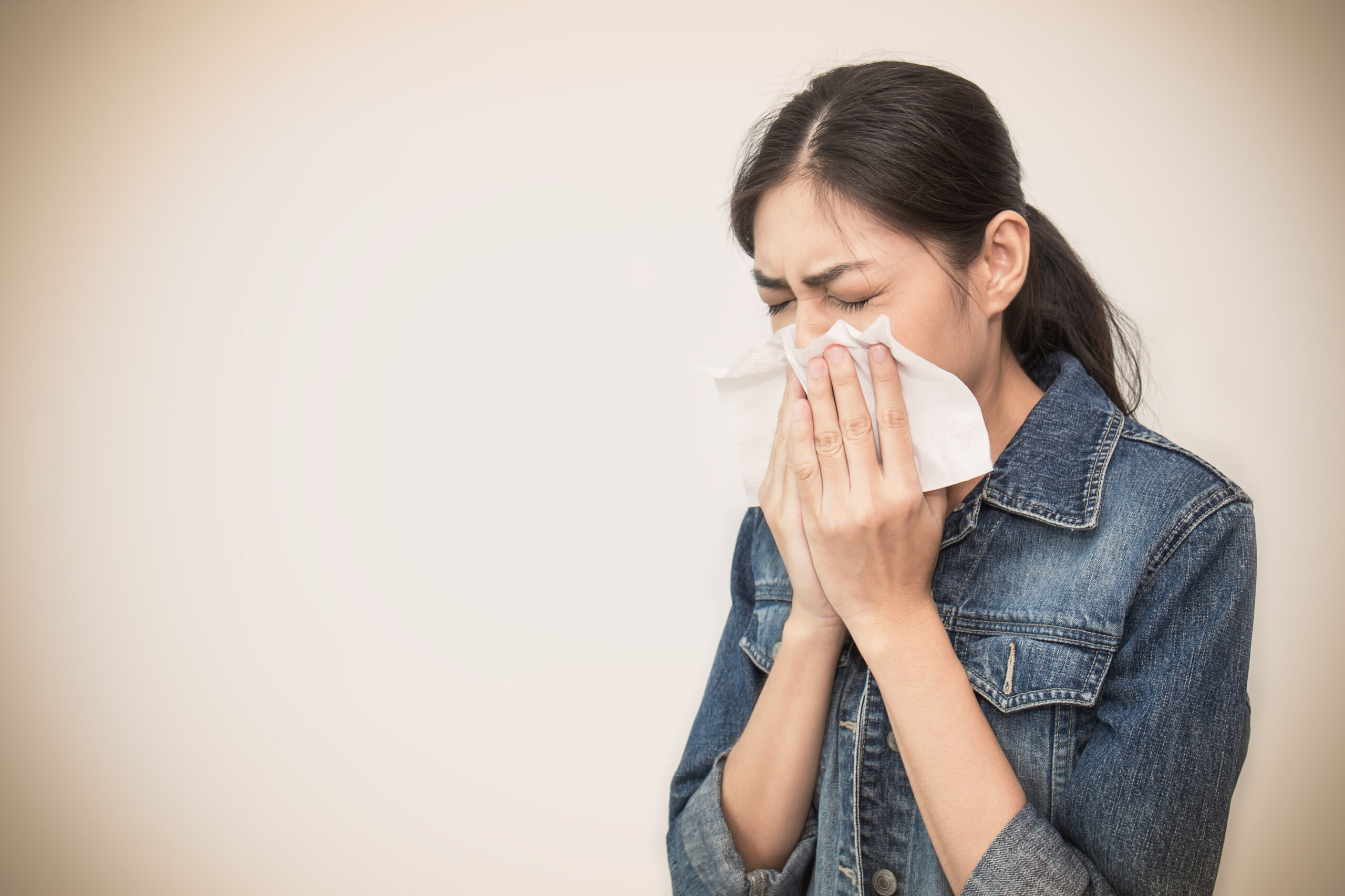Apr 14, 2025

Influenza, a dangerous health threat. The symptoms of influenza may resemble the common cold, but they often occur suddenly and are more severe. Let’s understand influenza.
Influenza, or “flu” as it is commonly called in medicine, is a respiratory infection caused by the “influenza virus”. Infected individuals experience high fever, headache, body heat, coughing, sneezing, runny nose, and body aches. Symptoms range from mild to severe and can be fatal.
The influenza virus has 2 strains:
Influenza A virus
Influenza B virus
High-risk groups for influenza infection:
Children aged 6 months to 5 years.
Elderly individuals over 65 years old.
Pregnant women and women within 2 weeks postpartum.
Patients with chronic diseases requiring continuous care, such as diabetes, heart disease, lung disease, stroke, chronic kidney disease.
Observe symptoms to recognize influenza:
High fever above normal (≥38°C).
Headache, chills, fatigue.
Runny nose, nasal congestion, sore throat.
Coughing, muscle pain in the body, arms, legs.
Most influenza cases resolve within 5 days. If symptoms persist longer, it may indicate a secondary bacterial infection in some cases.
Complications of influenza:
Acute respiratory distress.
Asthma exacerbation.
Bronchitis, ear infections.
Heart disease.
Pneumonia or lung inflammation (particularly dangerous for the elderly or chronic disease patients).
How to prevent influenza:
Wash hands frequently with soap.
Avoid crowded places or wear a mask to prevent infection.
Get the annual influenza vaccine.
Influenza can resolve on its own if symptoms are mild. Home care and symptomatic treatment are possible, such as:
Using a damp cloth to cool the body and taking paracetamol for fever.
Using decongestants or expectorants for mucus.
Drinking enough fluids, eating soft foods, and resting.
For high-risk patients or those with severe symptoms/complications, antiviral medication (oseltamivir) may be required. Patients experiencing shortness of breath, suspected pneumonia, or other severe symptoms may need hospitalization for close medical monitoring and treatment.
Note: While most cases can be managed at home, high-risk individuals or severe cases require urgent medical attention. Annual vaccination and hygiene practices are key to staying protected.

